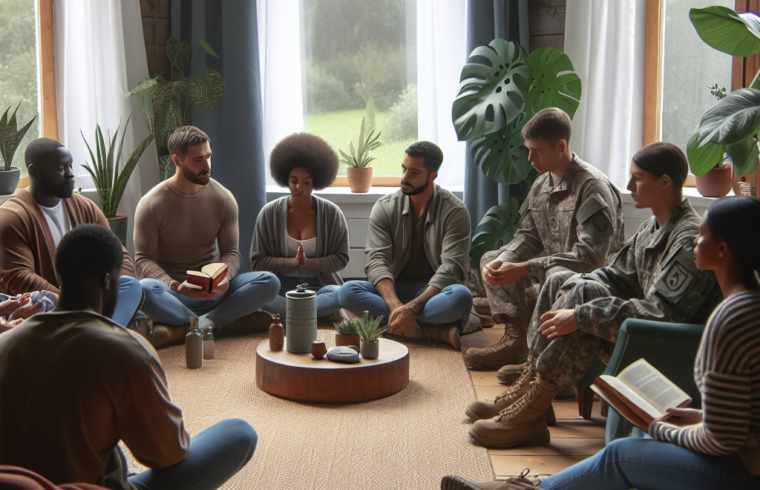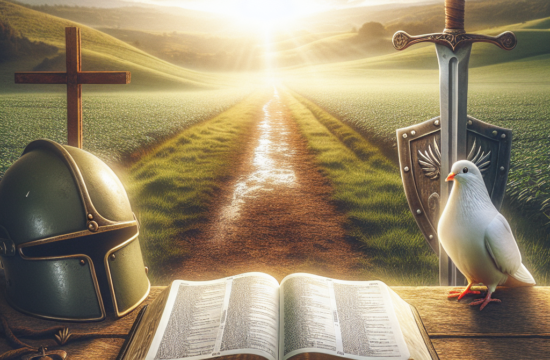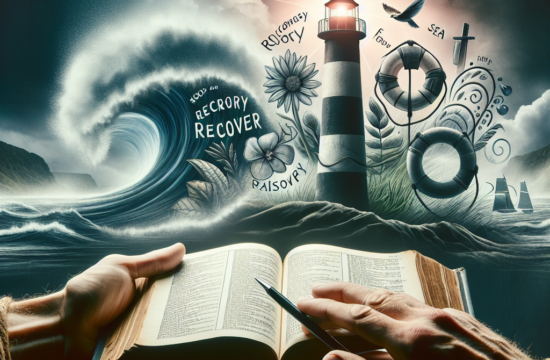==> Thank you for reading this post! Click Here If you are looking for support and Victory over PTSD.
Shared Experience and Understanding
Building Trust Through Common Ground
I’ve been in my fair share of group therapy sessions, and you know what? The first thing that struck me was the unspoken bond in the room. Everyone there had walked a similar road, and that shared experience creates a unique atmosphere. It’s comforting to realize that the guy next to you isn’t just a stranger; he’s been through the similar struggles, and that builds trust.
This trust is crucial because it encourages openness. When we share our stories, it’s like lifting a weight off our shoulders. This process of sharing and listening not only validates our feelings but also fosters a sense of belonging. It’s like the therapy session becomes a safe space where we can drop our defenses and just be ourselves.
Ultimately, this shared understanding empowers us to face our challenges together. I’ve seen how this camaraderie can make the toughest conversations a bit easier—you’re not alone, and that makes all the difference.
Learning from Each Other’s Journeys
One of the coolest aspects of group therapy is the insight you gain from listening to others. Everybody has a different story, yet there are always nuggets of wisdom to be found. Hearing how someone else coped with their triggers or faced certain memories can spark new ideas for your own healing.
Plus, it’s pretty powerful to see someone who’s a step ahead in their recovery. They often serve as a beacon of hope. Watching others embrace their healing gives me motivation to push through my own obstacles. I think to myself, “If they can do it, so can I!”
This exchange of experiences leads to new perspectives. It reminds us that there’s no one right way to heal—what works for one person might not work for another. This supports the idea that we can create a custom approach tailored to our individual needs.
Creating Lasting Friendships
Group therapy can be a place where friendships blossom. The bond that forms between members often extends beyond the sessions. I’ve swapped numbers with several folks after sessions and even attended events together. Battle buddies outside of the therapy room? Count me in!
Having friends who truly understand PTSD means you can vent without fear of judgment. You can share your ups and downs, and they get it. These friendships reinforce the idea that we’re in this battle together, and they provide a support network that goes beyond the weekly meetings.
These connections can have a tremendously positive impact on our mental health. Knowing that there’s someone who genuinely gets your struggle can help lighten the load. And those shared moments? They often end up being the highlights of my week!
Professional Guidance and Structure
Expert Facilitation
Let’s be honest; having a trained professional lead our sessions is a game-changer. Therapists facilitate conversation and ensure a safe environment, guiding us through sensitive topics. Their expertise helps us delve into feelings that can be incredibly difficult to confront alone.
While peers bring experience, therapists provide tools. They equip us with coping strategies that we can use in our everyday lives. These strategies might include mindfulness techniques, journaling prompts, or specific communication skills. Having this guidance is a huge relief, especially when things get overwhelming.
Additionally, these professionals can help recognize patterns in our conversations, steering the group towards more productive discussions. They can help us measure our progress and ensure that we are on the path to healing. Having that structure feels like having a map on a tumultuous journey.
Tailored Plans Based on Group Feedback
One of the cool things about group therapy is the flexibility it offers. The therapist can tailor the sessions based on our feedback, focusing on what’s most important to us as a group. If several members are dealing with a specific issue, the therapist can adjust the plan to address it, making our therapy feel personal and relevant.
This adaptability is crucial because it allows us to delve deeper into our shared challenges. It adds a layer of relevancy that makes every session feel meaningful. After all, we’re not just ticking boxes; we’re tackling real-life issues that matter.
For me, this tailored approach makes the experience feel more valuable. It’s less like a cookie-cutter program and more like a personalized journey toward healing.
Safe Environment for Vulnerability
I can’t stress enough how important a safe space is in therapy. Knowing that what we say in those sessions is confidential allows me to open up without fear. This is crucial when discussing tough topics that we might struggle to share with anyone else.
Having this safe environment also fosters healthy risk-taking. It encourages us to confront things we usually avoid discussing. I’ve shared things in group that I didn’t think I’d ever be brave enough to voice. And you know what? No one judged. Instead, we all empathized, and that’s incredibly powerful.
Get Support and Help with Recovery! Visit us for more Information and Support
Ultimately, this sense of safety enables deep work. It’s like peeling back the layers of an onion; we cry, we laugh, and most importantly, we heal. That’s what makes group therapy an invaluable experience for veterans.
Empowerment Through Shared Goals
Setting Collective Goals
There’s something incredibly powerful about setting goals with a group. We come together to tackle our individual challenges, but collectively we create goals that propel us forward. It fosters a commitment to not just our healing, but to each other’s as well.
During our sessions, we often brainstorm what we want to achieve. Whether it’s coping skills or behavioral changes, these goals hold us accountable. I know I feel more motivated to reach my goals when I know my peers are cheering me on. It feels great to be part of something bigger than myself.
This collective goal-setting gives our sessions direction and purpose. It’s not just a talk; it’s a mission, and we’re all in it together. It adds that team vibe that can lift everyone’s spirits.
Celebrating Each Other’s Successes
I love how group therapy creates a space to celebrate victories—no matter how small. Whenever someone shares that they’ve handled a trigger well or made it through a tough week, the group erupts in applause and encouragement. It’s not just about highlighting personal achievements, but the triumphs that remind us we’re all in this together.
This celebration helps to highlight our growth and progress. It reinforces the idea that healing is a journey, and every step—big or small—deserves recognition. It lifts our spirits and motivates us to keep pushing forward.
Plus, when you see someone you’ve been encouraging finally reach their goal, it’s like hitting the jackpot in personal growth. There’s this collective joy that is uplifting and contagious—definitely a win-win!
Accountability and Encouragement
With so many moved by shared goals, accountability naturally follows. Knowing that my peers are rooting for me gives me that extra push to stay on track. If I ever feel the urge to skip a session or slack off on my progress, I think about how my actions affect the group. That keeps me in check!
This level of accountability transforms our journey from a solo endeavor into a shared mission. It breaks down the isolating nature of PTSD, letting us know we have each other’s backs. This connection and encouragement can be the spark that reinvigorates our commitment to healing.
We cheer for each other’s progress, provide gentle nudges towards goals, and share resources that we think might help. It becomes a network of strength that amplifies each individual’s ability to heal. And that, my friends, is beyond powerful.
Conclusion
PTSD group therapy offers veterans a unique platform for healing. By fostering shared experiences, providing professional guidance, creating a safe space, and empowering us through shared goals, this therapy approach means so much more than just sitting in a circle. It’s a journey of growth, understanding, and most importantly, togetherness. Every session propels us further on the path of recovery, and I can proudly say I wouldn’t have it any other way.
FAQs
1. What is the main benefit of group therapy for veterans with PTSD?
The main benefit of group therapy is the shared experience and understanding it offers. Veterans bond over mutual challenges, creating a supportive community that fosters healing and trust.
2. How does professional guidance enhance group therapy?
Professional guidance brings structure and expertise to the sessions. Therapists provide coping strategies and facilitate discussions, ensuring that conversations remain safe and productive.
3. Can friendships formed in group therapy help with recovery?
Absolutely! Friendships formed in group therapy can create a support network outside the therapy room, allowing for shared experiences and understanding that help further the healing process.
4. How does setting collective goals impact group therapy?
Setting collective goals enhances accountability and motivation. When members work together towards their goals, it fosters a sense of commitment both to personal progress and to supporting one another.
5. Is group therapy effective for everyone?
Group therapy can be incredibly beneficial, but it might not suit everyone’s preferences or needs. It’s important to find a therapeutic approach that resonates personally, whether that’s group therapy or individual sessions.













